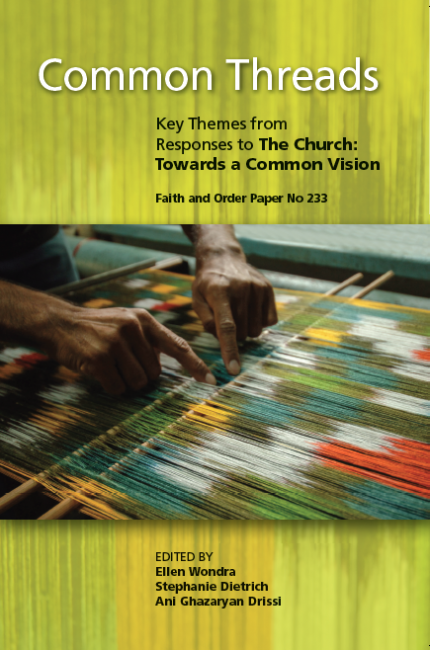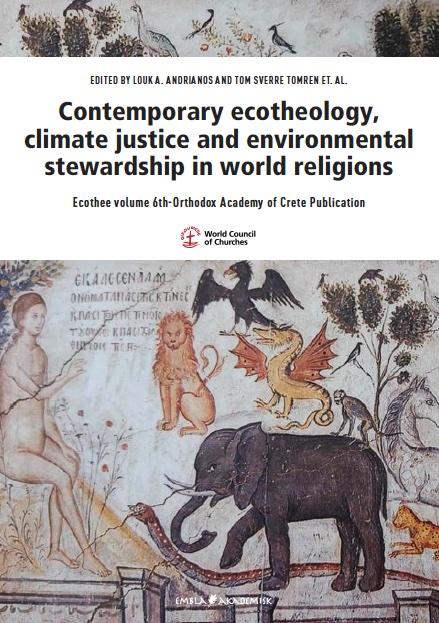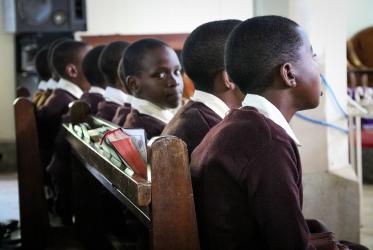Displaying 121 - 140 of 189
Key Themes from Responses to The Church: Towards a Common Vision. Faith and Order Paper No 233
25 February 2022
Contemporary Ecotheology, Climate Justice and Environmental Stewardship in World Religions
Ecothee Volume 6th-Orthodox Academy of Crete Publication
19 December 2021
Webinar explores intersection of debt cancellation and anti-racism
09 December 2021
Past massacres in the Middle East: “this should never be forgotten”
09 December 2021
ZacTax Toolkit
24 November 2021
African church leaders train in leadership, diakonia and development
12 November 2021
Perkins names Dr Evelyn Parker as 2021 Distinguished Alumna
11 November 2021

















